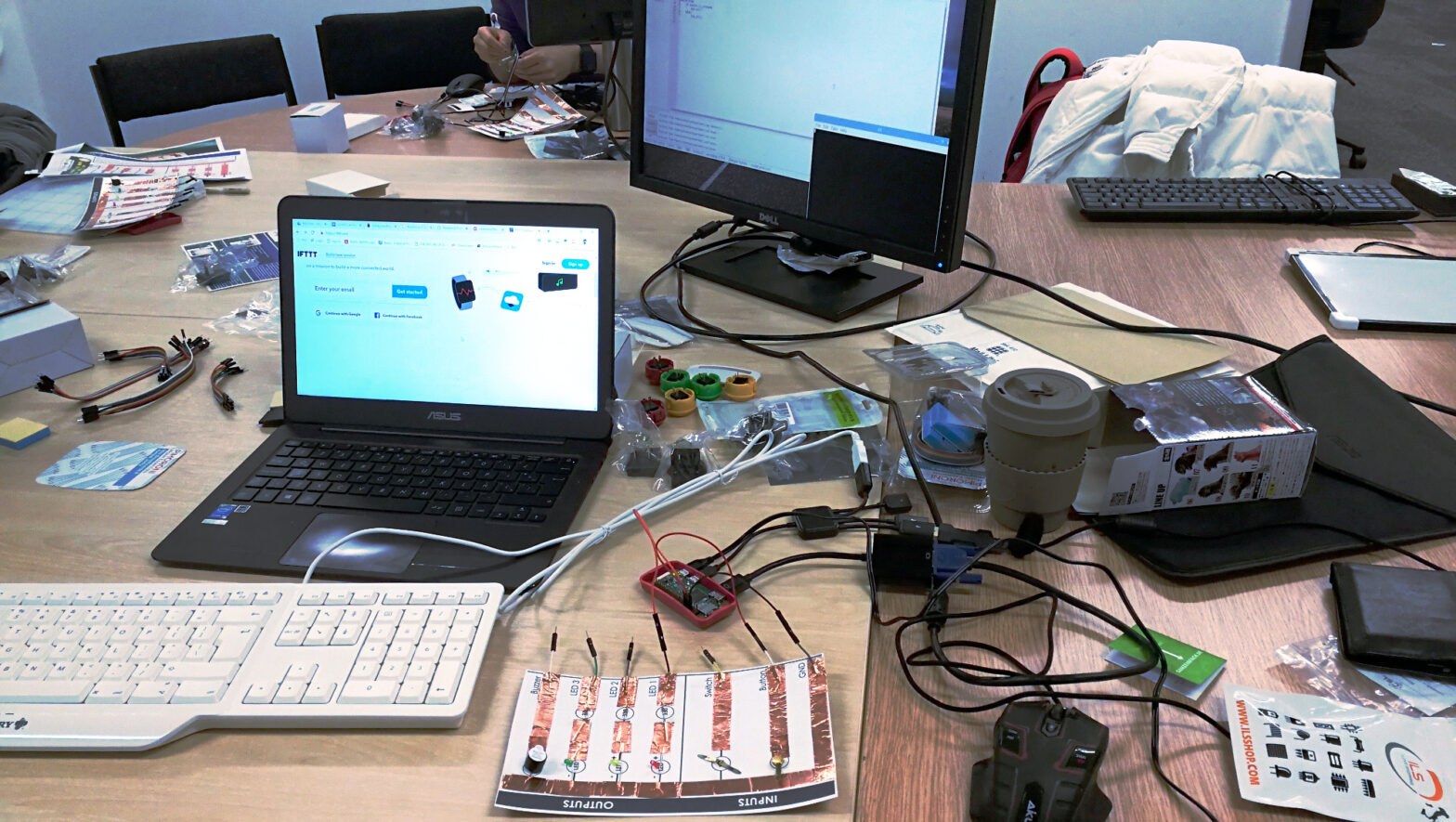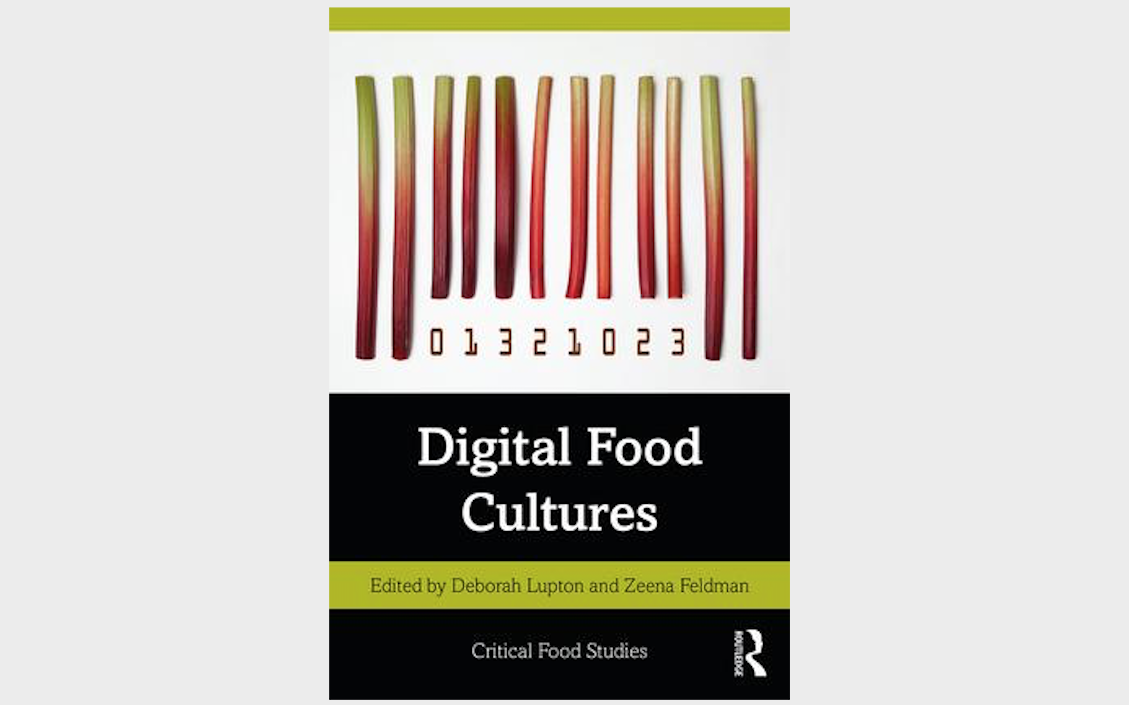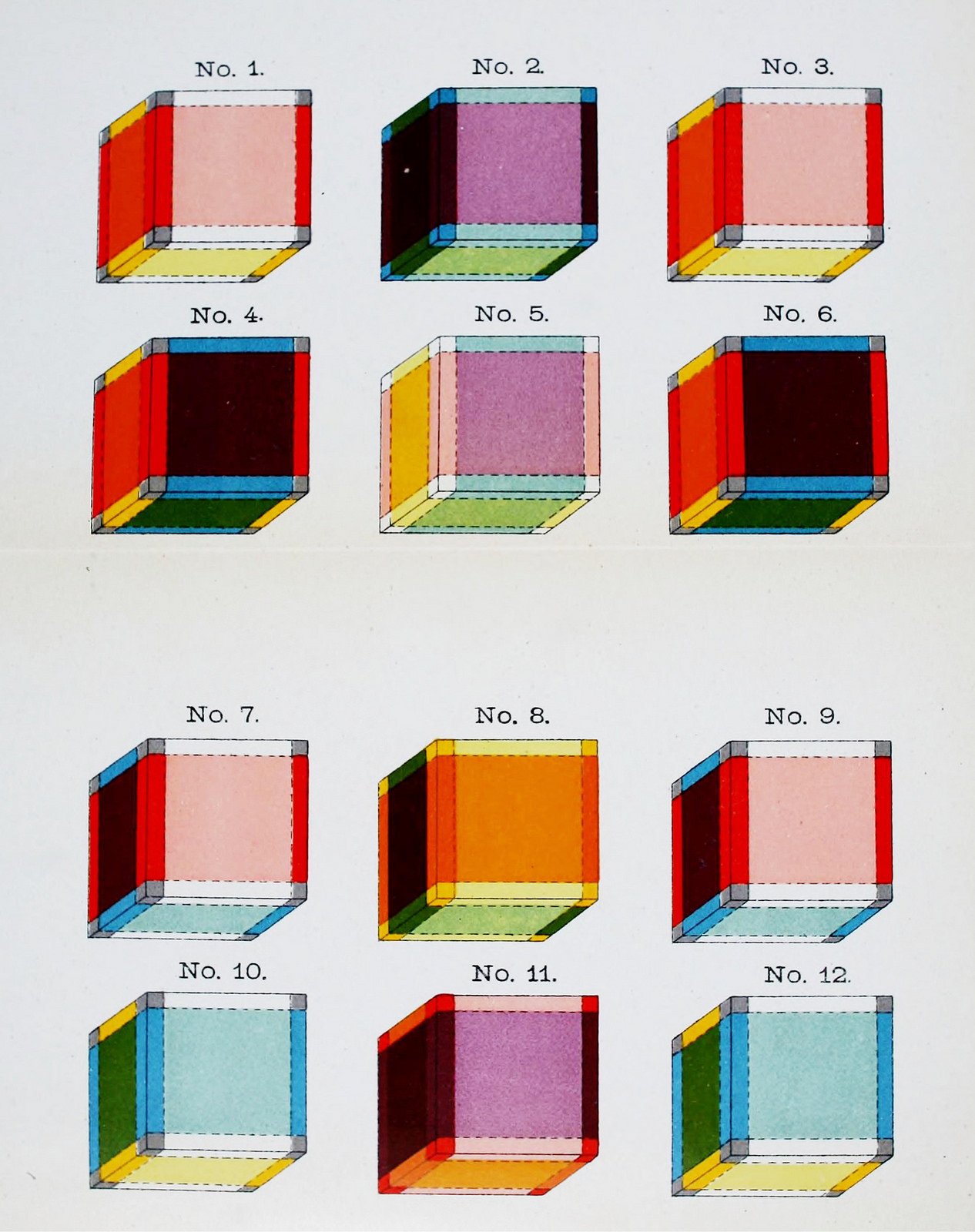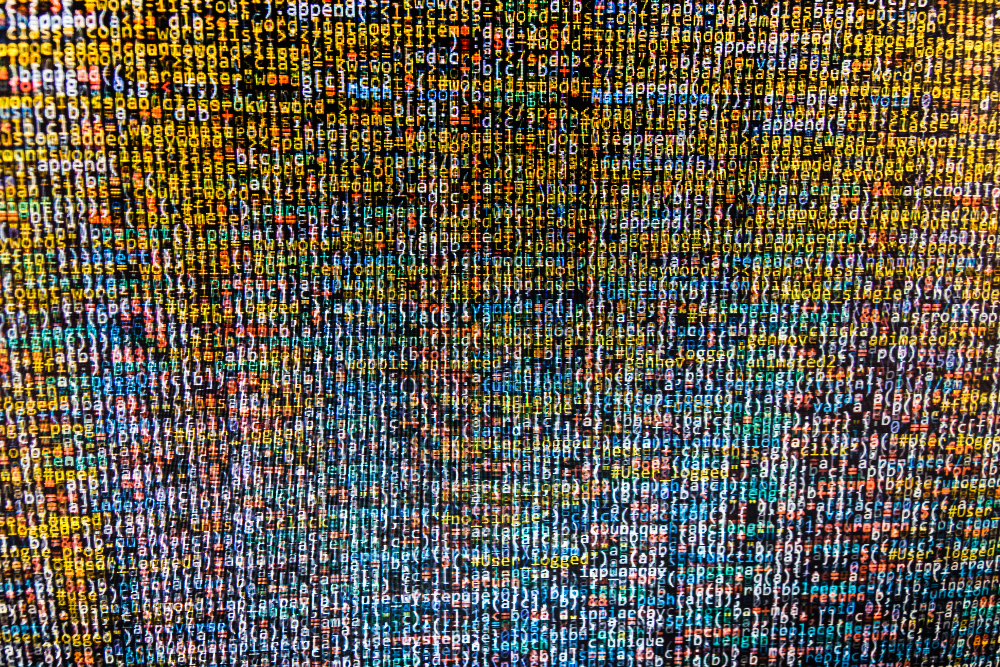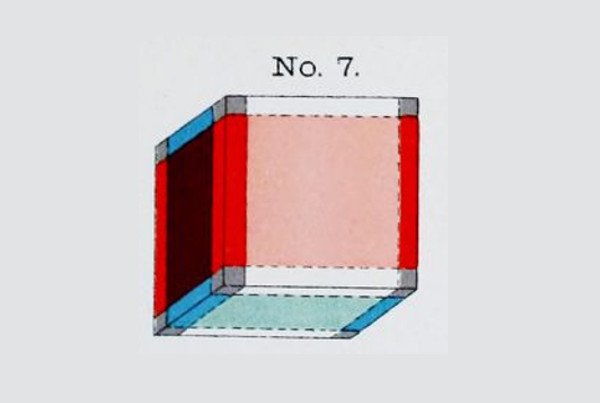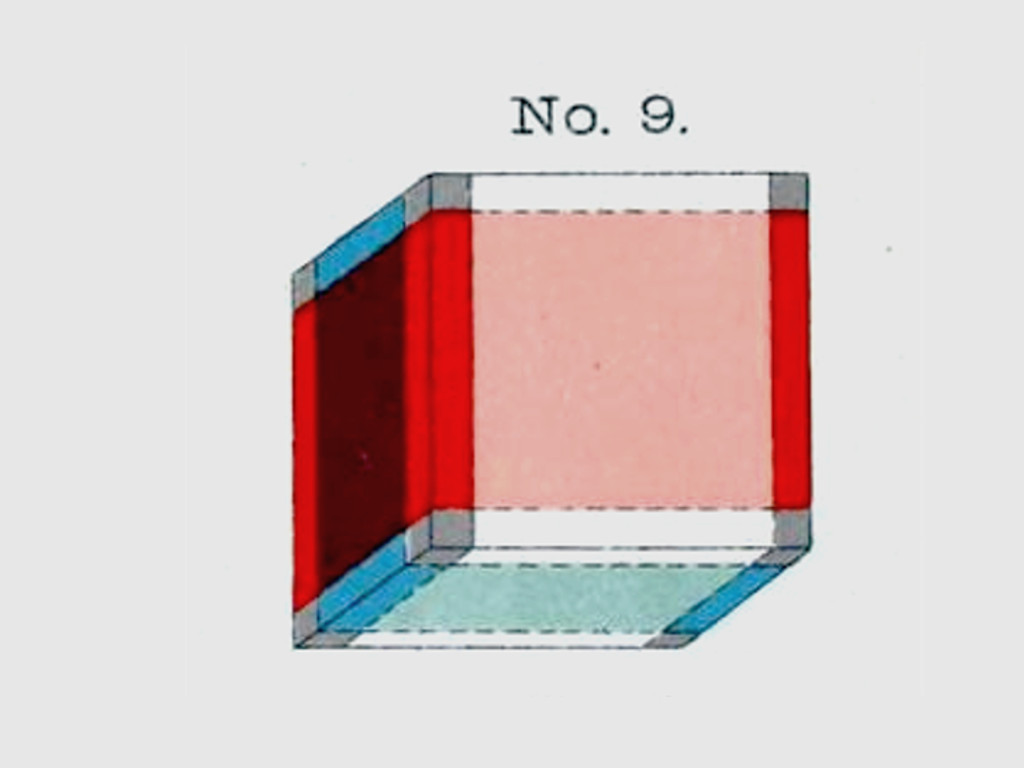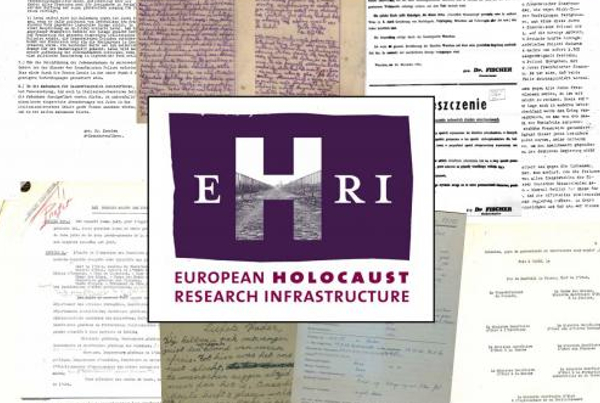Researchers from leading laboratories in cultural informatics come together to discuss the past, present, and future, of computational moving images.
Author archives: Daniel Chavez Heras
CLUB | Cardboard and Code
Physical computing is a creative framework for understanding our relation with the digital world. In practical terms, this mostly means re-discovering objects and practices that we take for granted by making things, usually some form of electronic bricolage of cardboard and code. With the support of Prof Graeme Earl, I organised our department’s first …
Project | Digital Food Cultures
This project considers how the ubiquity and specificity of digital culture come into dialogue with food culture (nb. Rousseau 2012). In what ways do routine digital technologies – for instance, social media platforms, smartphone apps and algorithms – contribute to the ethical, political, economic and social registers of cooking and eating? How do these technologies …
Project | The Fourth Dimension
Frontispiece to Charles Howard Hinton’s 1904 book The Fourth Dimension, illustrating the tesseract, the four-dimensional analog of the cube. Hinton’s spelling varied: also known, as here, “tessaract”. In an 1880 article entitled “What is the Fourth Dimension?”, Hinton suggested that points moving around in three dimensions might be imagined as successive cross-sections of a static …
Project | Born digital big data and approaches for history and the humanities
King’s College Digital Humanities together with the Institute of Historical Research investigates ‘Born-digital data and methods for history and the humanities’. Partners in the Network are The National Archives, the British Library, Web Archives and the Universities of Cambridge, Sussex, Glasgow, Oxford, Goldsmiths, Sheffield, Leeds, Warwick and Waterloo (Ontario). The project will be led by …
Continue reading “Project | Born digital big data and approaches for history and the humanities”
Project | A Digital Strategy for the National Gallery of Art
The National Gallery of Art in Washington DC has a strong record of achievement in delivering innovation in digital content, resources and services to support the core mission of the museum. To continue to achieve the museum mission in digital “by preserving, collecting, exhibiting, and fostering the understanding of works of art at the highest …
Continue reading “Project | A Digital Strategy for the National Gallery of Art”
Project | The Political Economy of Artificial Intelligence
While much has been written about the economic impacts of artificial intelligence in terms of the jobs it might take, much less attention has been paid to AI’s impact on the concentration of capital and the increase in market power. This project takes as its focus the ways in which AI will reorganise businesses in …
Continue reading “Project | The Political Economy of Artificial Intelligence”
European Holocaust Research Infrastructure
EHRI provides online access to information about dispersed sources relating to the Holocaust through its Online Portal, and tools and methods that enable researchers and archivists to collaboratively work with such sources. King’s Project lead Tobias Blanke Apart from providing an online platform, EHRI also facilitates an extensive network of researchers, archivists and others to …
Continue reading “European Holocaust Research Infrastructure”

